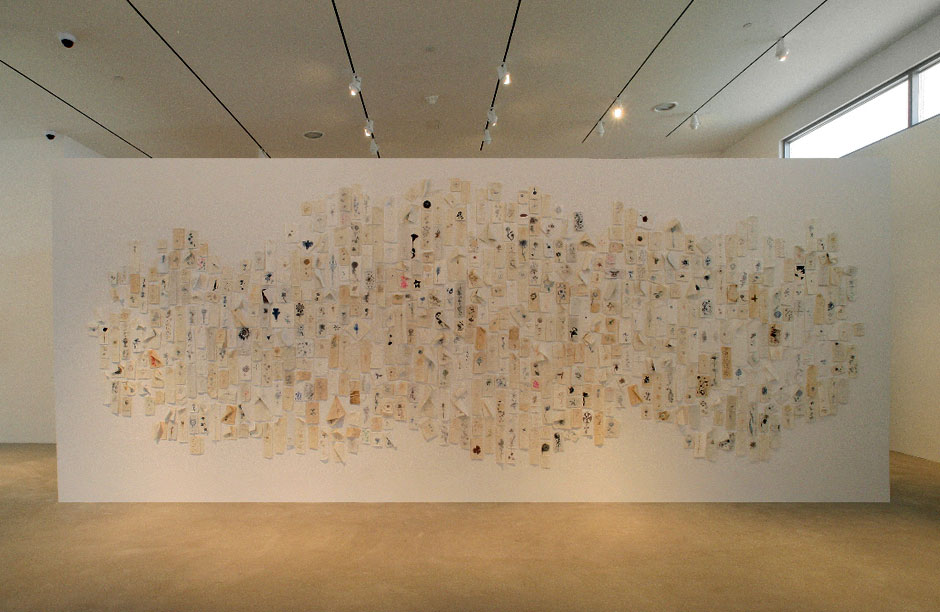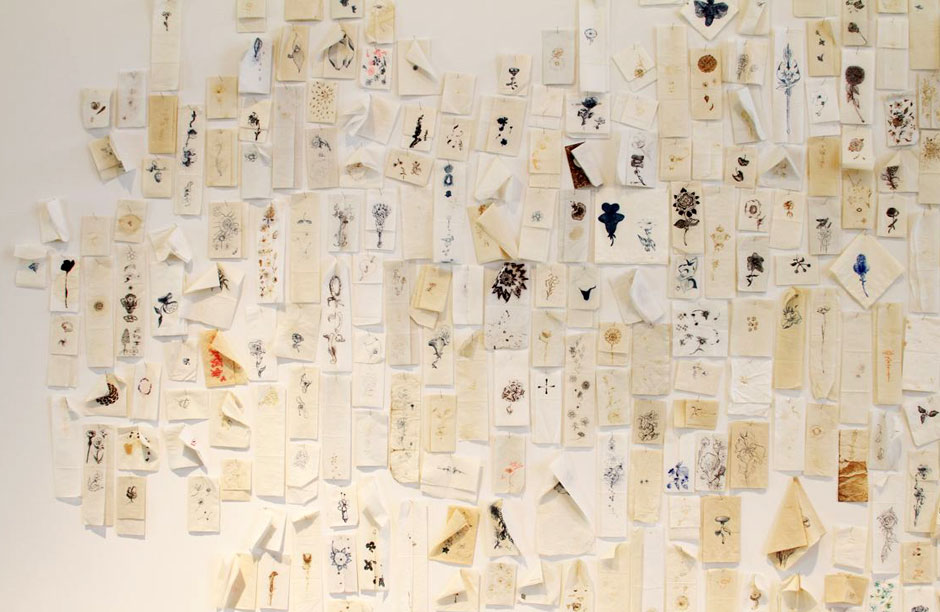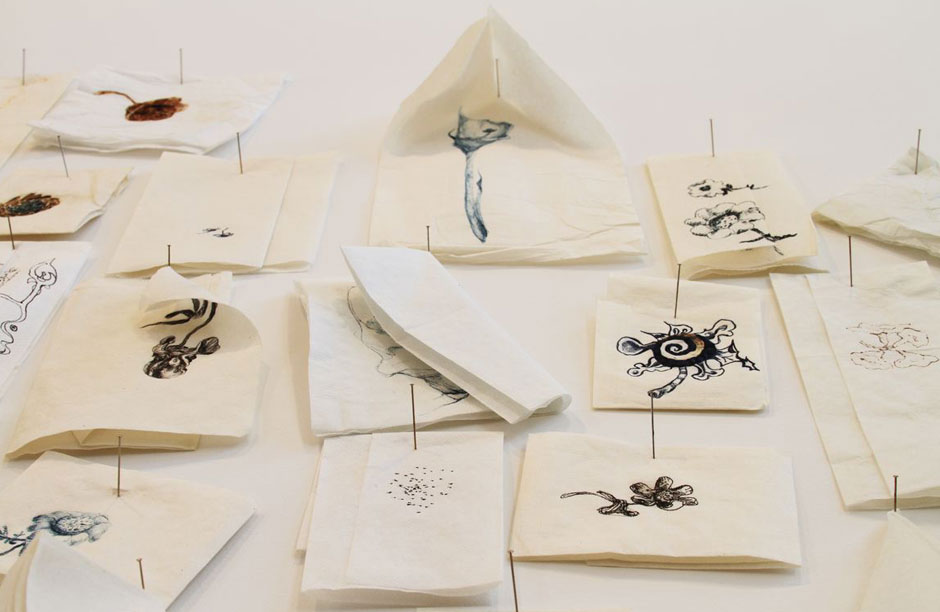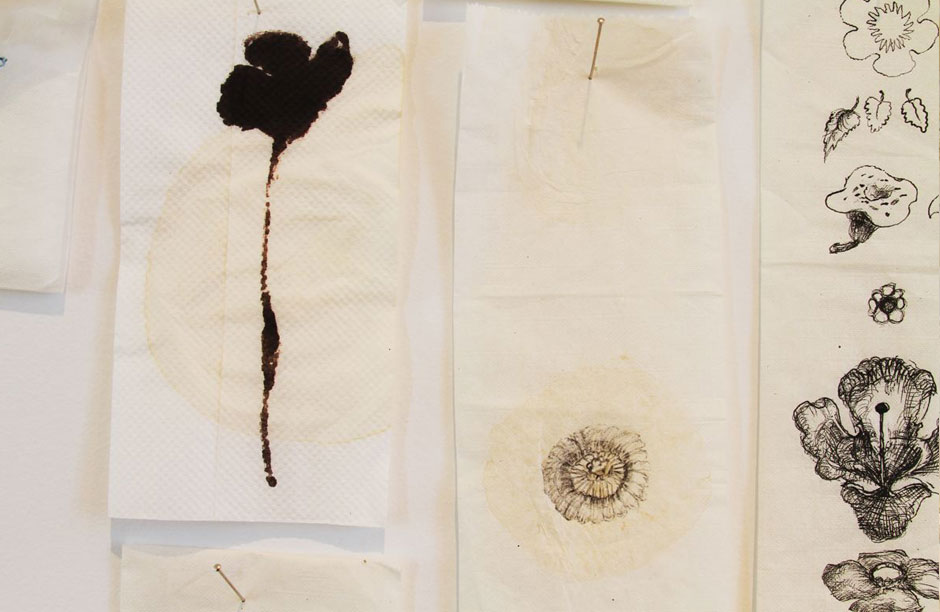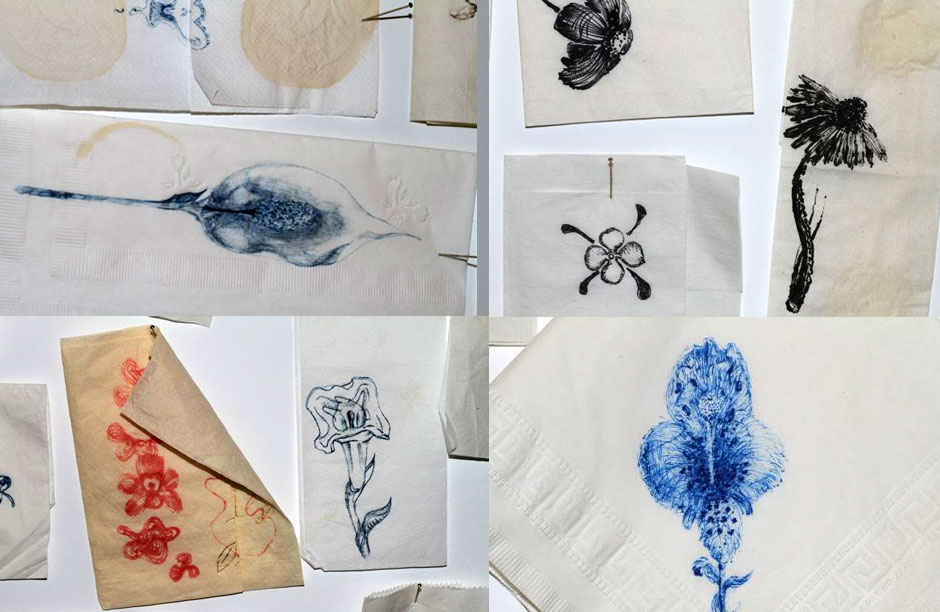Remembering Smell
By Bonnie Blodgett
Smell is our most primal sense it links us with other animals. It is connected to the limbic system our center of emotion and a new source of stem cells.
When Bonnie Blodgett, founder and editor of the award winning garden journal The Garden Letter, began mysteriously smelling rancid scents that she described as “every disgusting thing you can think of tossed in a blender and pureed…” she thought she was going crazy. After weeks of searching for an answer a doctor finally gave her a diagnosis: she had lost her sense of smell. The culprit – Zicam, a homeopathic over-the-counter nasal spray she had used to abate a cold. The phantom smells were a common side effect known as “phantosmia”, a result of her brain’s attempt to cope with the loss. In her novel “Remembering Smell”, Blodgett dives into an obsessively thorough study of “our most primal sense”, and tells the story of how she managed to cope with the loss too.
In group polls, the sense of smell ranks lowest out of the five senses people would miss most. After reading Blodgett’s account, which reveals how smell enhances and regulates everything from memory, mood, appetite, emotions, sense of balance, mother-child bonding, sexual attraction and more we may start to rethink that rating and start appreciating what our noses can interpret from the air.
Here is an excerpt from the novel:
p. 20 – p. 21
“Excuse me?”
“You’ve Lost your sense of smell.”
He handed me a box of Kleenex (his scope had given me the sniffles) and suggested that I should consider myself fortunate. He’d recently given the same bad news to a patient who made his living as a chef.
“What did he do?” I asked. Stupid question, but I had to say something, if only to avoid falling apart in the man’s office.
“He had to figure out another way to make a living, of course. Did you tell me you’re a writer? That’s lucky for you.”
I suddenly detested this man. How could I find comfort in the fact that I don’t make my living “by my nose”? In fact, as a garden writer, I do. And I don’t just write about plants. I enjoy smelling them almost as much as looking at them. My garden smells like, like…like heaven, in late summer especially.
I put the Kleenex box on the floor beside me. I was beyond crying. Phantosmia, this harbinger of an oderless existence, was, whatever this doctor might think, profoundly disturbing. How would he know what phantosmia felt like? How would anyone know? People get colds. They get cancer. They don’t get —
“Anosmia is the medical term for loss of smell,” he went on. “Osmia means ‘smell’ in Greek, and an, of course, is the Latin word for ‘without.’ I’m going to put you on steroids, though they usually don’t help with healing unless they’re given immediately after the injury. And it’s been…what, three months now?”
It had actually been just a little over eight weeks. Now there was no doubt in my mind – or seemingly in his – that is was Zicam that had destroyed my ability to smell. What else it might have done to my brain was anyone’s guess. So why hadn’t the stuff been banned? Joining the class-action suit seemed laughable now.”
“Only now are serious studies being undertaken to examine links between smell and mental health.
Psychologist Rachel Herz tells the story of Michael Hutchence, the iconic lead singer for the Australian rock band INXS, who was found dead several years after the accident that left him a changed man and, not incidentally, an anosmic. She is convinced he committed suicide as a result of the loss of his sense of smell. His emotional breakdown–the mood swings, the irascibility, the deep and debilitating feeling of distance from the world – began when a bicycle accident (he was not wearing a helmet) left his smell receptors adrift and lifeless in the upper nose. He didn’t find out until weeks after being discharged from the hospital that the olfactory nerves had been sheared by the blow to his head.
A self-described hedonist, he’d been a fun-loving person with scores of friends before the accident. He was a hard-core womanizer and a passionate gourmand. Herz believes his death was the result of the disappearance of all that after he lost his sense of smell. Hutchence described his descent into melancholy as a kind of psychosis, a profound isolation, distance, unfamiliarity with a world he’d so greedily enjoyed when he could smell it. Even blindness would not have had such a pernicious effect on him. That his despair was not rational – it made no sense to him – of course exacerbated the depression.” – pp 67-68
“Smell used to ground me in the here and now. It took the edge off my essential solitude. It challenged my irrational (or not) fear that reality is unreliable and can slip away at any moment. Certain smells are ravishing and others foul, but all of them possess an animal component that is absent from sight and hearing. You can’t overthink smell. It’s there whether you want it or not, having its way with you, like music, but more potent for its subtlety, its immunity to reason, how it effects you without your knowing it, how it makes things real on their own terms. Makes you real in a way that has nothing to do with you.” – p 206
“Spring was coming and with it the lilacs. Lilac time. The word alone – lilacs – brought visions of springs past. But no fragrance. I was again reminded that smell differs from hearing and sight in that it cannot be remembered. You can dredge up a tune or picture a long-lost loved one’s face, but you can’t conjure a scent out of whole cloth, even with the help of a memory. I would never smell spring again, even in my mind’s eye.” – p 157

